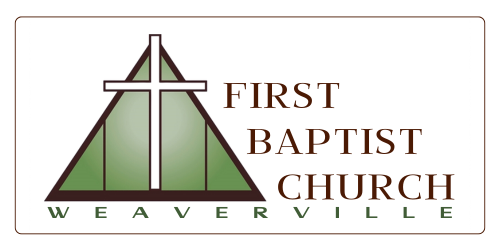
A Word from the Pastor – Surviving Election Day
Today is election day. So how should we handle it? Most importantly, be mindful of what helps you and what doesn’t—what gives you peace, and what stresses you out. It will be tempting to watch constant news or scroll social media all day, but I don’t think that will help you feel more peace and less stress. After you have already voted, maybe helped others be able to vote, and the polls have closed, your civic duty is done for the day, so be sure to take care of yourself…… [click View Post above to keep reading]
